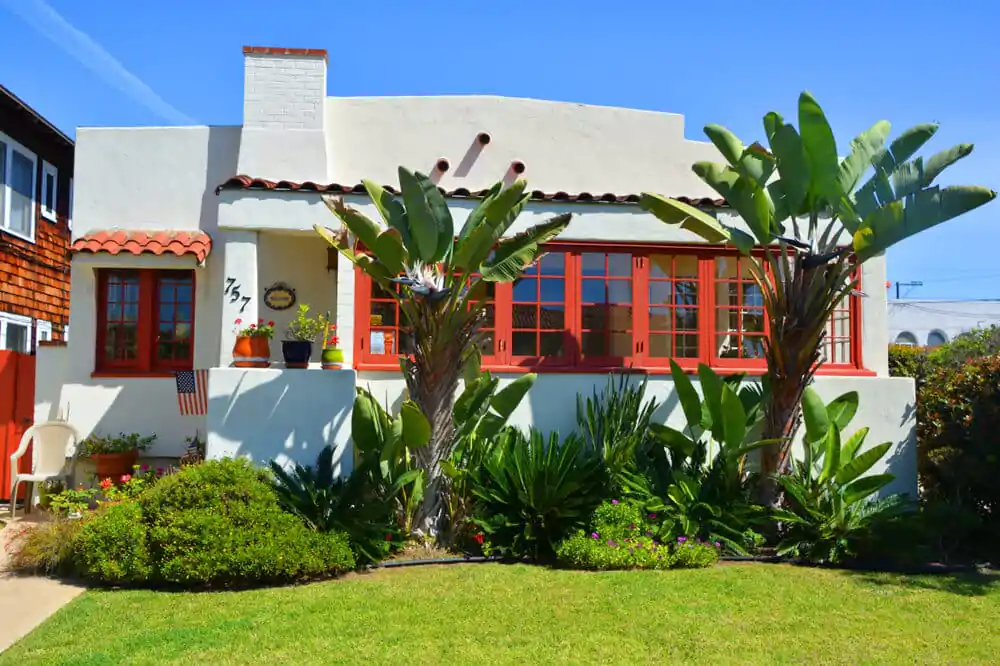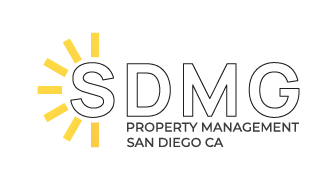Maximizing Your Rental Income in San Diego, CA

Investing in real estate can be a lucrative endeavor, especially when you’re able to extract the maximum potential from your rental properties. Whether you’re new to the scene, a seasoned investor, or an accidental landlord, unlocking the full earning potential of your properties is key to a successful and sustainable real estate business. From strategic marketing to prudent property management, there are numerous ways to increase your rental income without overburdening yourself or your tenants. In this post, we’ll explore some tried and tested strategies to help landlords boost their rental revenues.
Understanding Your Local Rental Market
The first step in maximizing rental income is to comprehensively understand your local rental market. Researching current rental rates, vacancy levels, and tenant demand in your area is crucial. Compare your property to similar ones that are currently on the market to gauge whether your pricing is competitive or if there’s room for an increase. Additionally, keeping an eye on economic indicators that may impact rental trends, such as job growth, can help you stay ahead of the market.
It’s also essential to follow any local regulations and market standards to ensure that your rental property is meeting the necessary health and safety codes, fair housing laws, and any other relevant ordinances. Failure to comply with legal standards not only can result in costly penalties but can also lead to a poor reputation, increased vacancies, and legal disputes that could erode your rental income.
Developing a Strong Marketing Strategy
A strong marketing strategy is imperative for attracting the right tenants at the best possible rental rate. Start by highlighting the unique selling points of your property – whether it has a desirable location, upgraded amenities, or a unique style, emphasize these features in your listings. High-quality, well-lit, and professionally taken photographs can significantly improve the response to your ad.
Consider utilizing digital marketing tools such as social media advertising and search engine optimization to increase the visibility of your rental property. You might also offer virtual tours or video walk-throughs to showcase the property online, which can be especially valuable in attracting remote or international tenants. Optimize your rental listing by including relevant keywords and crafting a compelling property description that is both informative and welcoming.
Don’t forget the impact of word-of-mouth marketing. Providing an excellent rental experience can lead to positive references from your current and past tenants, which can be a powerful endorsement for potential renters.
Enhancing Property Value through Upgrades
Investing in key upgrades can significantly improve the value of your property and justify higher rental rates. Focus on renovations that are likely to appeal to tenants and result in a higher return on investment. Upgrading kitchens and bathrooms, installing modern appliances, and improving energy efficiency through insulation and smart technologies are all worthwhile enhancements that can attract quality tenants willing to pay a premium.
Remember to consider the cost of upgrades against the potential increase in rental income. It’s important to strike a balance between improving your property and overcapitalizing on changes that may not yield adequate returns.
Maintaining a Competitive Pricing Strategy
Pricing your property is a balancing act that should be adjusted periodically to reflect market changes. Overpricing can lead to longer vacancies, while underpricing can leave money on the table. Regularly evaluating your rental property against the market and making pricing adjustments will ensure that you’re not missing out on potential income.
Consider offering flexibility in the lease terms, such as variable rental rates depending on the length of the lease, to cater to a wider range of tenants and to fill vacancies quickly. In some cases, offering incentives like a month of free rent or covering certain utilities can be more beneficial in the long run compared to maintaining a higher unadjusted rental rate.
Implementing Strategic Lease Terms
The terms of your lease can impact your rental income, so it’s important to be strategic. Implement lease terms that protect your income, such as a late payment fee for tenants who don’t pay on time. Choose a lease duration that aligns with market demand – a shorter lease might enable you to adjust the rental rate more frequently, while a longer one can provide financial stability.
You might also consider including pet policies and security deposit rules that attract responsible tenants while safeguarding your property and income. All lease terms should be clearly laid out and compliant with local rental laws to avoid misunderstandings and disputes.
Renting Furnished or Unfurnished
The decision to rent your property furnished or unfurnished depends on your target market and the local rental demand. Furnished rentals can command a higher rental price and appeal to a transient population, such as students or professionals on temporary assignments. However, they also involve higher initial costs and ongoing maintenance for the furnishings.
Unfurnished properties, on the other hand, might offer greater long-term stability and lower maintenance costs. Tenants often prefer the flexibility of personalizing their living space with their own furniture. When considering which option is best for your property, evaluate the costs and convenience for both you and your potential tenants.
Leveraging Short-Term Rental Opportunities
In recent years, the rise of platforms like Airbnb has provided landlords with an additional income stream through short-term rentals. If your property is situated in a high-demand area for travelers or short-term stays, this may be an attractive option to maximize your rental income.
Keep in mind that short-term rentals often come with higher turnover costs and require more hands-on management. This can include cleaning between guests, managing bookings, and keeping an eye on local occupancy regulations. Be sure to thoroughly research the legal requirements and tax implications of short-term rentals in your area before making the switch.
Offering Additional Services and Amenities
By providing additional services and amenities, you can justify higher rental rates and enhance the overall value for your tenants. These could include on-site laundry facilities, access to a fitness center, covered parking, or even a concierge service.
Evaluate the demand in your local market and the preferences of your target demographic to determine which amenities could be most beneficial. Offerings that save tenants time and add convenience to their lifestyle are likely to be well-received and can support an increase in rental income.
Screening Tenants Effectively
Selecting the right tenants can have a significant impact on the rental income of your property. Implement a thorough screening process to check for a potential tenant’s rental history, creditworthiness, and employment status. A stable income and a good rental track record can reduce the risk of missed payments and property damage, ensuring a steady and reliable rental income.
Use a consistent set of criteria and be sure to comply with fair housing laws to avoid discrimination. While it’s essential to fill vacancies quickly, prioritizing quality tenants over a quick turnaround can save you from future headaches and financial losses.
Managing Operating Costs
Managing operating costs is just as crucial as maximizing rental income. Regularly review your expenses and look for ways to optimize your spending. Negotiate with service providers, conduct energy audits to improve efficiency, and consider bundling insurance policies to reduce your premiums.
Investing in preventive maintenance can also help avoid costly repairs down the line. By staying proactive, you can keep your operating costs in check, which will allow you to retain more of your rental income as profit.
Strategic Planning For Property Management
Maximizing rental income is an ongoing process that involves strategic planning, continuous assessment of the market, and maintaining high standards for your property and tenant relations. By understanding your local rental market, developing a strong marketing strategy, enhancing your property’s value, and managing your operating costs effectively, you can boost your rental income while improving the overall rental experience for your tenants.
Remember that investing in strategic upgrades, setting competitive rental rates, and offering favorable lease terms can all contribute to a healthy rental income. With careful consideration and execution of these strategies, you can achieve higher returns on your real estate investment and build a thriving rental business.
If you’re ready to take the next step in growing your rental income, begin by implementing one or two of these strategies and monitor the results. Over time, you’ll find the right combination of approaches that work best for your specific property and market, leading to increased profitability and a solid reputation as a trusted property owner.
